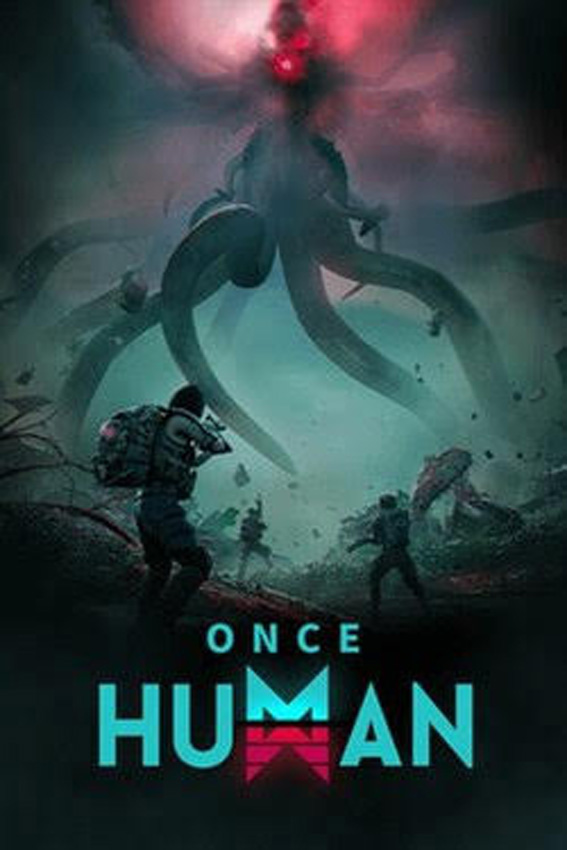To be honest, I had never heard of the band The Decemberists until an editor asked me to do this article.
I am a big fan of alternative music, so when I discovered they fell into the genre, my skepticism about writing a “blind” opinion vanished.
Hailing from Portland, OR, the band currently includes five members, with lyrics written by lead singer Colin Meloy. The band got its start in 2001 with the release of Castaways and Cutouts.
The first song introduced to me was “January Hymn” on their new album, entitled The King Is Dead, released on Jan. 14, 2011. Overall, the first impression left a smirk on my face. Although I was afraid that I would be forced to write an article on a band I disliked, I soon found this song and several others to be in line with my tastes.
Through my investigation into The Decemberists, I observed that their new album possesses more country-styled twang than others previously released. In addition, every album seems to portray a different theme which is carried out in the rhythm and lyrics of each song.
After receiving some harsh reviews for their 2009 album, Hazards of Love, it is not surprising that this collection of songs centers around themes of hardship and moving forward to reflect the band’s own redemption.
The song “Don’t Carry It All” contributes to the country feel with implements of the harmonica and soulful phrases that relay ideas about one bearing another’s burdens.
In “Calamity Song,” with lyrics such as “When you’ve receded in loam / and they’re picking at your bones / we’ll come home” and “We will now / build a civilization below ground? / And I’ll be crowned the community kick-it-around,” the band possibly refers to the critics’ responses to Hazards of Love.
In addition to the harmonica, the fiddle and accordion are added to the band’s unique sound. Most of the artists I listen to do not include these slightly unusual instruments, so I was interested to hear each of their moments in the limelight.
Another song, “This Is Why We Fight,” voices the hope of freedom amid the terrible situation of war and death. The beat is slow and there are few words, which adds to the song’s slightly haunting theme. The song repeats the word “hell” seven times, never once mentioning the possibility of heaven after death, which establishes a strong feeling of hopelessness.
About 40 minutes long, the album is relatively short, though every minute is filled with spot-on harmonies. One song where the melodic sounds stuck in my head is “Down By The Water.” This just might be my favorite song on the album.
The lyrics truly captivate me with the story of a mistreated teen who chooses to look forward to the next season in his life. The phrases “Knock me down / tear me up / but I would take it all broken just to fill my cup,” reflects the emotions of trying to fit in.
Veteran fans may feel that The Decemberists’ new direction works, though it does not stick to their usual “aesthetic.” However, I personally like this album better than their older ones for its minor keys, catchy country beats and, as to be expected, interesting words.
But beware: The Decemberists’ style is definitely not for everyone. The lyrics are, to say the least, imaginative and very quirky — which reflects their uncommon mix of rock opera, British folk-influence and indie-pop style.
The new album rewards The Decemberists for their tenacity to rebound from criticism. I would certainly encourage hardcore fans of alternative music to give them a listen.
The King Is Dead is available on iTunes, on Amazon.com and at most local music stores.
For more music reviews, read the Jan. 21 article, ‘Science & Faith’ pushes The Script to ‘new level.’






